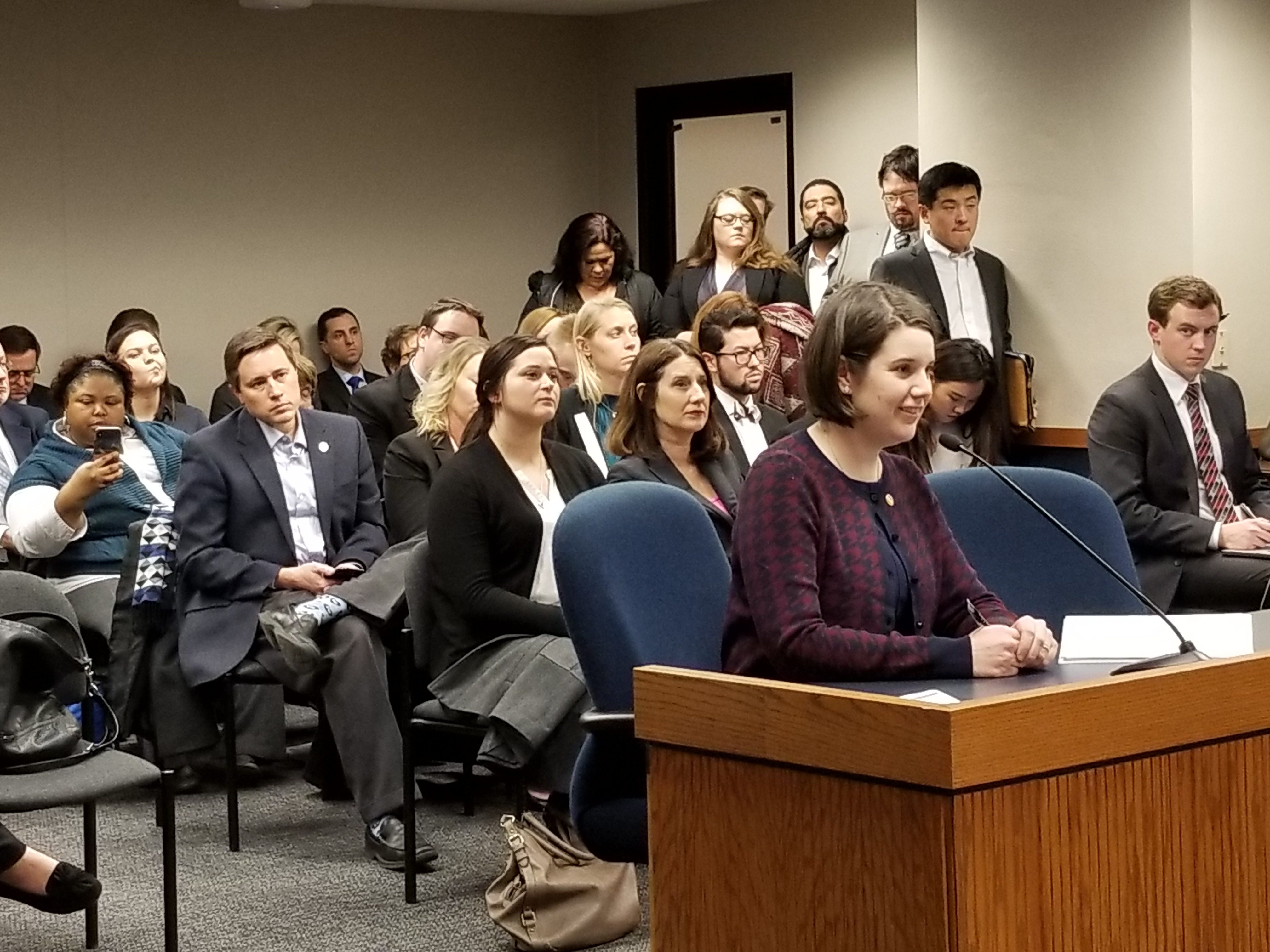The Missouri House is looking for ways to keep schools from hiring people known to have sexually abused students while working in other districts.

House Bill 739 sponsored by Lake Ozark Republican Rocky Miller would require full disclosure between districts about former employees, and require a district to contact any district or charter school a person previously worked for, for background information.
Cara Gerdiman, Executive Director of Kids Harbor Child Advocacy Center, said with such requirements not already in place, some abusers are able to impact more children’s lives before being caught.
Jessica Seitz with Missouri KidsFirst told the House Committee on Elementary and Secondary Education the bill would be another positive step toward protecting children in Missouri schools.
The bill would add 2.5 hours of training focused on sexual harassment to what is required of new school board members. Returning school board members would be required to take at least one hour of refresher training annually.
Seitz said that increased training is one of the most important pieces of HB 739.
“Every organization that serves children, and particularly schools, must operate under the assumption that some people who sexually abuse children may work for them,” said Seitz. “Organizations that serve children have an obligation to create an environment that is inhospitable to sexual abuse. These environments must be nurtured from the top with leaders, such as the school board, who understand the risks and actively work to train staff and volunteers, and institute child protection policies.”
Gerdiman said board members will be better equipped to protect children with the additional training the bill would mandate, “so that they are more aware of the signs and symptoms of child abuse; the process of disclosure when a child is ready to talk about what has happened to them; as well as grooming behaviors that adult alleged perpetrators and juvenile perpetrators may use,” said Gerdiman.
The bill would also require annual, age appropriate sexual harassment training for students in grades 6 and up. Some lawmakers questioned whether the legislation should include an option for parents to opt out of that training for their children.
HB 739 would specify that exemptions to Missouri’s open records law, or “Sunshine Law,” would not allow a district to withhold documents on a person if they relate to a confirmed violation of policies against abusing students.
“It’s just to make sure that you can’t hide behind the sunshine law if you’ve been abusive towards a student,” said Miller.
Lawmakers on the committee are also considering whether the bill should be broadened to include abuse not directed at students.
The committee will consider the legislation and potential changes to it at a future hearing, before voting on whether to advance it to the full House for debate.
